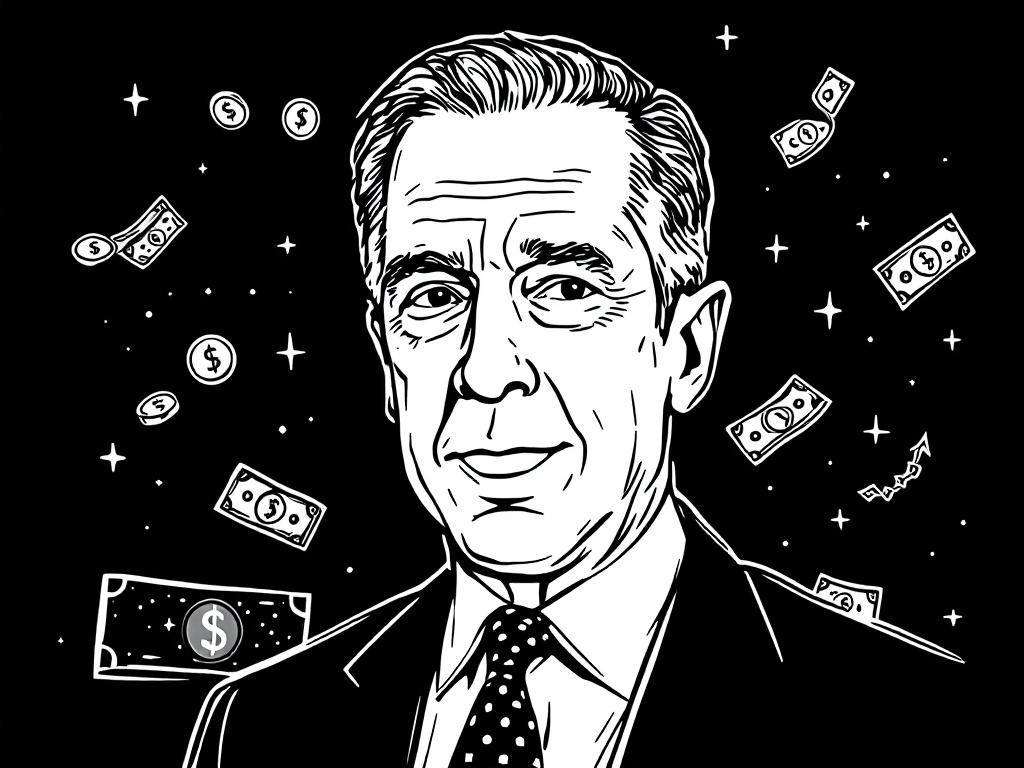Fed Chair Powell Connects Trump’s Immigration Policies to Economic Slowdown

Washington, D.C., Thursday, 26 June 2025.
Jerome Powell attributes U.S. economic growth slowdown to Trump’s strict immigration policies, which have significantly reduced workforce numbers, impacting future growth prospects.
Connecting Immigration Policies to Labor Market Challenges
Federal Reserve Chair Jerome Powell, in a recent hearing at the House Committee on Financial Services, highlighted how Trump-era immigration policies are contributing to a slowdown in U.S. economic growth. These policies, which have notably decreased the workforce by targeting immigrant communities such as those consisting of Cubans, Haitians, and Venezuelans, are spotlighted for impeding labor market expansion. The sectors most affected include construction, hospitality, and agriculture, which together comprise approximately 15% of the U.S. economy [1][2].
Impact on Economic Growth and Productivity
Powell outlined that economic growth is driven by two primary factors: an expanding labor force and improved productivity per worker. The restriction of the labor supply through aggressive deportation policies has hindered these growth drivers. As the U.S. loses skilled workers in significant job sectors, concerns about sustainable economic expansion have increased [1]. During his comments, Powell emphasized that ‘slowing the growth of the labor force will invariably slow the growth of the economy,’ reflecting an ongoing debate about the impact of immigration law on economic policy [2].
Policy Responses and Future Projections
With the anticipated continuation of these immigration policies, Powell’s projections signal a potentially prolonged economic challenge. Past experiences suggest that the economic implications of restrictive immigration policies can lead to exacerbated labor shortages, limiting the ability of the U.S. economy to recover robustly from downturns [3][4]. Acknowledging these dynamics, policymakers and economic analysts are increasingly vocal about the risks of current enforcement strategies, urging a reevaluation to support economic growth [5].
Broader Implications for Economic Policy
The discourse around immigration policies is deeply intertwined with broader economic strategies and societal values. Powell’s testimony adds weight to arguments calling for comprehensive immigration reform, which could enhance productivity and fill critical labor gaps. The Trump administration’s policies, continued under current enforcement frameworks, are part of wider economic assessments currently facing U.S. institutions. The necessity for a balanced approach that envisions both security and economic growth is becoming increasingly clear [1][3].